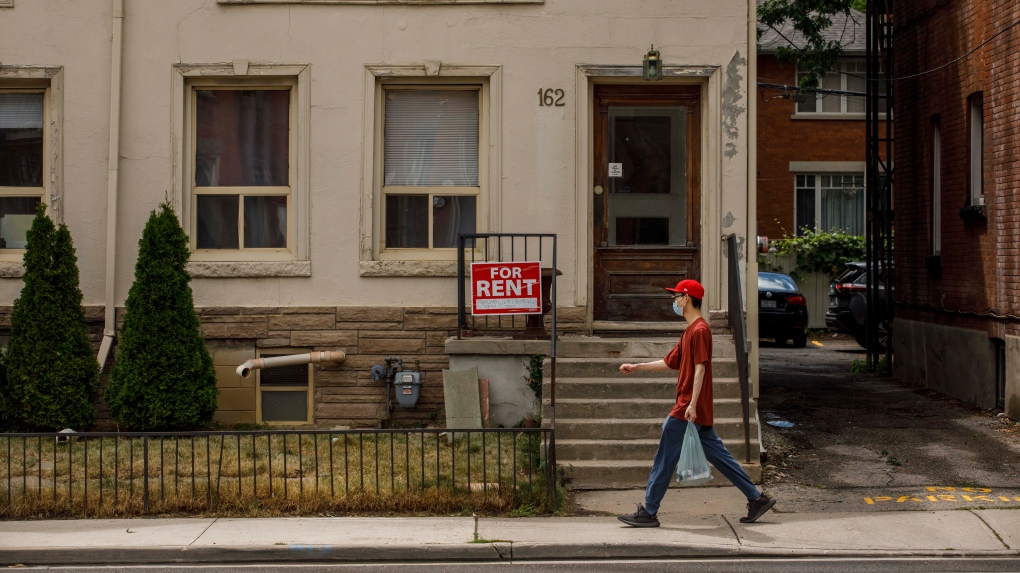4 Toronto councillors want city to look to Hamilton’s new bylaw to tackle ‘renovictions’
Four Toronto councillors have come together to ask the Planning and Housing Committee to analyze how Hamilton’s new renovictions bylaw could be applied to their city.
On Wednesday, councillors Paula Fletcher, Mike Colle, Frances Nunziata, and Parthi Kandavel will be submitting a joint request asking that staff carefully consider what Hamilton is doing to curb this deceitful eviction tactic.
Landlords who need to do extensive repairs or renovations to their property have the right to issue tenants a N13 notice to vacate their unit. Tenants, however, have the right to return to their homes once the work is done.
Often, landlords will use an N13 as a way to get tenants out and rent that space for a much higher rate to someone else. This is practice is known as a renoviction.
Hamilton, however, has recently passed a new bylaw to curb these illegal evictions.
That city’s new Renovation and Tenant Relocation By-law requires that property owners apply to the city for what is known as a renovations license, which includes a building permit, a report from an engineer certifying that the unit is not habitable during construction, and a copy for the N13 notice that was issued, within seven days of the notice being issued.
Landlords must also give renters who exercise their right to return to their unit suitable relocation assistance. They must also share these details with the city.
Those who do not obey the rules could face hefty fines.
“The Hamilton By-law is a unique and innovative example of how City’s can protect renters,” the four councillors wrote in a Feb. 13 letter to the Planning and Housing Committee.
“We are seeking the Committee’s support to have the staff incorporate analysis of the Hamilton by-law into their upcoming report back on the renoviction by-law. We ask all Committee members for their support.”
 A rent sign placed outside a home in Toronto on July 12, 2022. (THE CANADIAN PRESS/Cole Burston)
A rent sign placed outside a home in Toronto on July 12, 2022. (THE CANADIAN PRESS/Cole Burston)
In their note, Fletcher, Colle Nunziata, and Kandavel point to the findings of a housing subcommittee created during the 2018-2022 term to protect affordable housing in Toronto that revealed numerous challenges faced by tenants.
They said that they learned that many renters did not fully understand their rights and had been pressured to vacate their homes “despite no evidence that renovations were going to be substantial as well as being offered money to sign away their rights and leave.”
“I heard from many tenants who left their homes when, as it turned out, only minor, cosmetic changes took place before the unit was back on the market for double or even triple the rent,” said Fletcher, who chairs the subcommittee.
“Many tenants have been forced out of their long time homes and neighbourhoods when they actually had the right to stay.”
The Toronto-Danforth councillor went on to say that “profit-driven renovictions” are causing a reduction in the “already limited supply of affordable housing and impacting many tenants across the city.”
In their letter, the four councillors also noted that the housing subcommittee determined that tying in the issuance of an N13 notice with a building permit was the solution, however it was unable to move forward with pursuing that option by the end of its 2022 term.
The subcommittee’s work has, however, led to the creation of the framework for a renovictions by-law as well as an upcoming staff report that is expected to recommend that the City of Toronto adopt and enforce its own renovictions by-law.
A staff report on the creation of a renovictions bylaw in Toronto is expected this spring
View original article here Source









